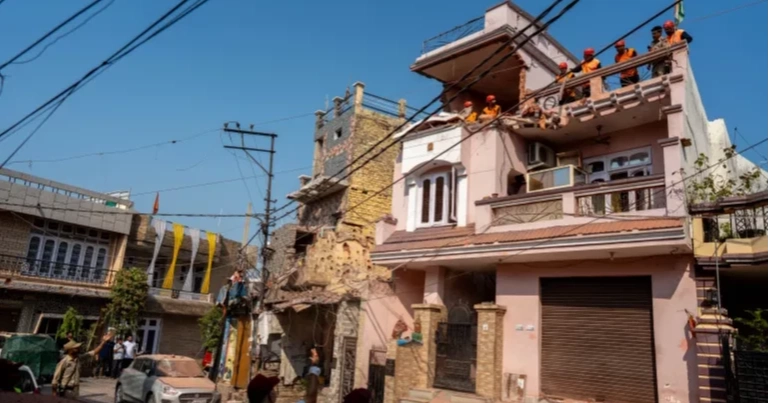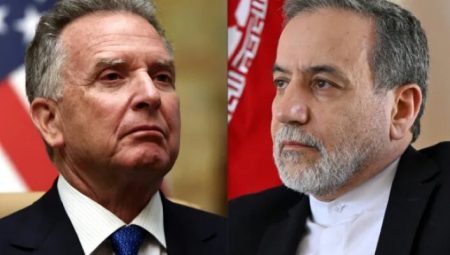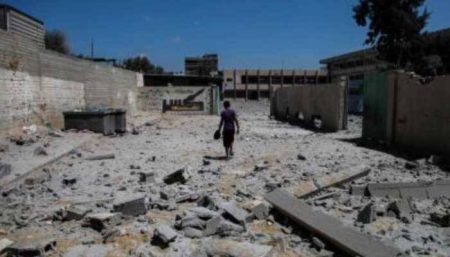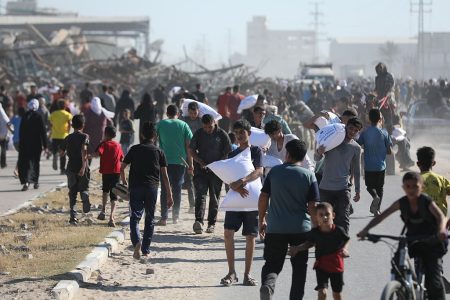India and Pakistan military officials are set to hold talks on Monday, aiming to maintain peace along their volatile border. This comes as a ceasefire holds following days of intense cross-border exchanges, which were the worst in nearly three decades.
India and Pakistan Military Chiefs to Discuss Border Calm
On Monday, the directors-general of military operations (DGMOs) from both India and Pakistan will meet to discuss steps for peace along their tense border. The talks are scheduled for 1200 hours (0630 GMT), the Indian foreign ministry confirmed on Saturday.
The ceasefire brokered between the two countries has held firm, bringing a fragile calm to the region. For four consecutive days, the border saw heavy shelling and gunfire, marking the worst violence in years.
India’s Army reported that Sunday night passed without any explosions or artillery fire. This was the first peaceful night in several days, signaling a temporary reduction in hostilities. Despite the ceasefire, tensions remain high, and security concerns continue to affect local communities.
A Fragile Peace Amid Ongoing Tensions
While the ceasefire has brought relief, security measures remain in place. Many schools in the region stayed closed as a precaution. These closures highlight concerns about stability in the area.
The ceasefire agreement, announced on Saturday, followed significant diplomatic pressure from the United States. U.S. President Donald Trump played a key role in facilitating the pause in hostilities between the two nuclear-armed nations, urging both sides to step back from further conflict.
However, even with the ceasefire holding, concerns remain. On Sunday, India’s military used the hotline between the two nations to raise concerns about possible ceasefire violations. The Indian Army warned that any further provocations would result in a firm response.
Diplomatic Efforts and Regional Tensions
Pakistan’s military denied any breach of the ceasefire agreement. Despite the calm, the situation remains volatile, especially in the contested region of Kashmir. Both India and Pakistan claim full control over Kashmir but govern separate parts, making the region a longstanding flashpoint.
This ceasefire is part of diplomatic efforts aimed at easing tensions. Over the years, both countries have signed similar agreements. However, most of these ceasefires have failed, often due to flare-ups along the border.
The Importance of Monday’s Talks
The upcoming DGMO-level talks are closely watched, as they represent a critical opportunity to de-escalate tensions further. The outcome of these talks will test both sides’ commitment to long-term peace in the region.
Both countries have nuclear capabilities, making any conflict particularly dangerous. The international community remains vigilant. With the ceasefire holding, there is cautious optimism that further talks could help prevent more violence.
Looking Ahead: What’s Next for India and Pakistan?
The world will watch closely as the two sides engage in talks, hoping that this moment of calm can lead to longer-lasting peace. It remains to be seen whether both nations can move beyond their longstanding differences and build a more stable future.















